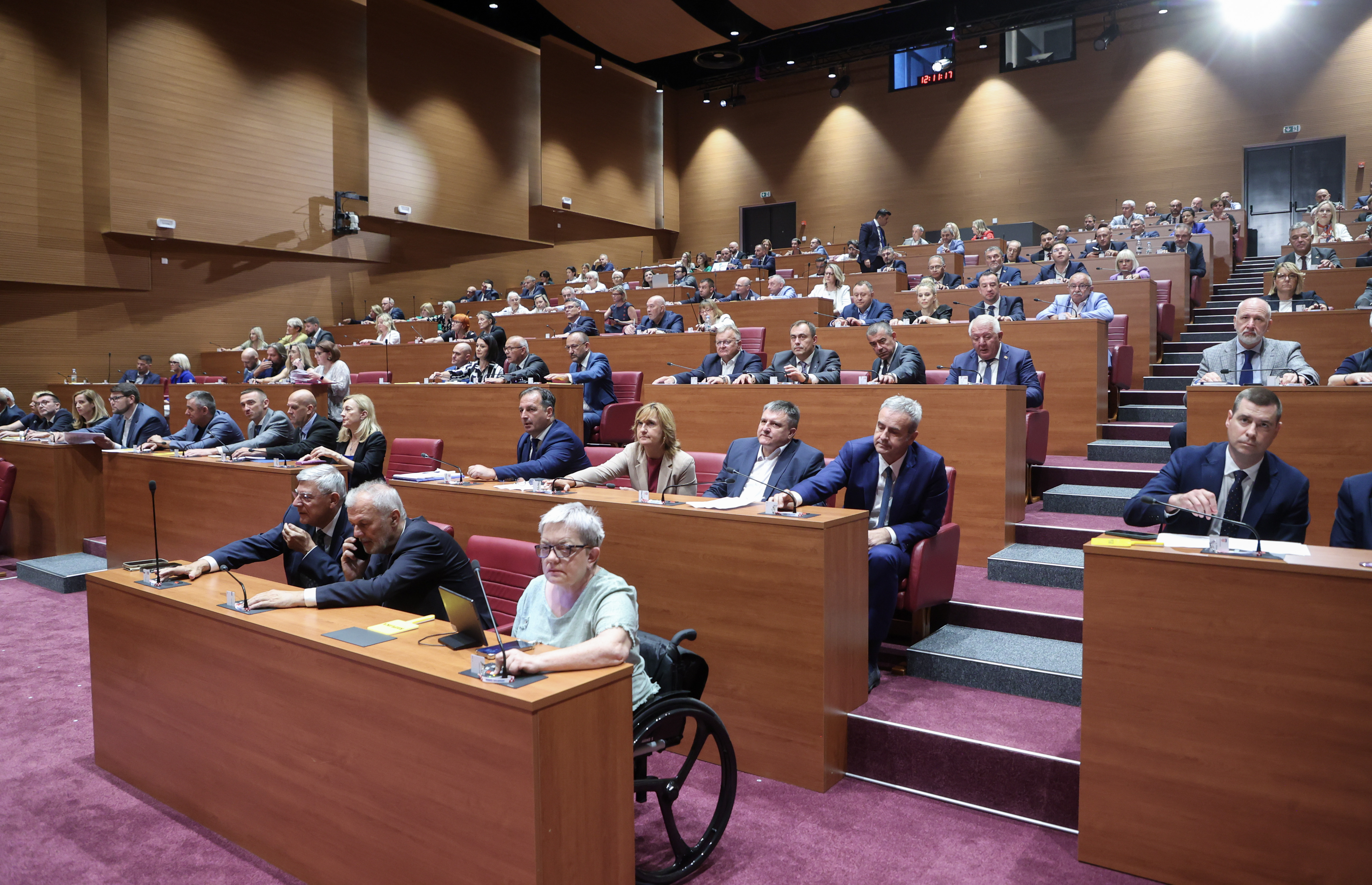
Zagreb - The Croatian Parliament on Friday adopted a series of legislative changes, many of them aimed at aligning national laws with European Union standards and Croatia's path to OECD membership.
Among the most significant measures were amendments to the Act on the Provision of Tourism Services, which will now allow tourist guides from 38 EU and OECD member states to work in Croatia. Citizens of third countries, however, will be excluded from this possibility. Foreign guides will be required to reside in Croatia and complete the same training as their Croatian colleagues. For protected sites linked to the Homeland War, guides will need to undergo specialised training in Croatia, conducted in the Croatian language.
Lawmakers also amended the Act on Regulated Professions and Recognition of Foreign Professional Qualifications, making it easier for Romanian nurses to find employment in Croatia. The change, which harmonises national legislation with an EU directive, removes the previous requirement for several years of professional experience if candidates can prove completed training. The Capital Market Act was also revised to strengthen transparency, efficiency and security in line with EU standards. The changes are designed to enhance investor protection by obliging firms to ensure the best conditions when executing orders. Citizens will gain easier access to market information through the European Single Access Point, while stricter supervision is intended to reduce risks and ensure financial stability.
Parliament additionally adopted the Act on the Implementation of the European Data Governance Regulation and the Data Governance Act. This legislation introduces new rules for managing data held by public bodies and entities with public authority. It also regulates the reuse of protected data already in possession of the public sector, with the aim of encouraging greater data sharing.
Lawmakers submitted for a second reading a package of six amendments to judicial legislation, including changes to the Civil Procedure Act, the Courts Act, the Whistleblower Protection Act, the Criminal Code, the Criminal Procedure Act and the Act on the Office for the Suppression of Corruption and Organised Crime. One of the proposed changes in the Criminal Code is the introduction of a new offence: endangering life and property through the use of artificial intelligence systems.
Amendments to the Housing Act in assisted areas were also sent to second reading. SDSS MP Dragana Jeckov warned that former tenancy-right holders in Beli Manastir have been placed at a disadvantage compared with others in Croatia, as they have been unable for more than two decades to purchase their homes under preferential conditions.
The Islands Act was likewise forwarded to second reading, with the parliamentary majority rejecting several proposals from the opposition SDP. These included measures to improve housing for scarce professionals on islands, to subsidise high-speed boat lines not covered by public service contracts, and to introduce a special programme for attracting medical staff to island communities. A separate proposal by SDP MP Ivana Marković, seeking to ban the use of fireworks and pyrotechnic devices on islands except for official or public purposes, was also rejected.